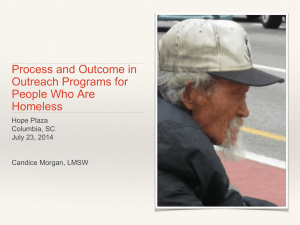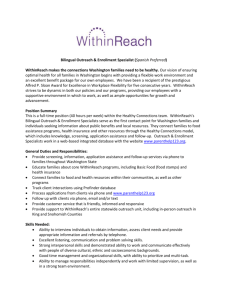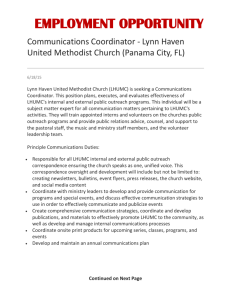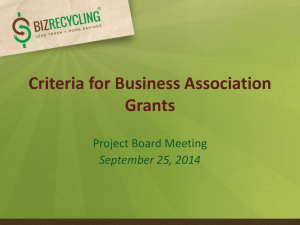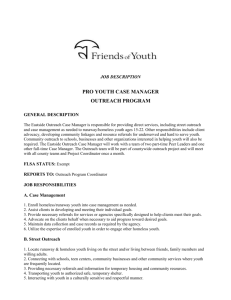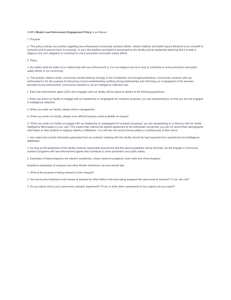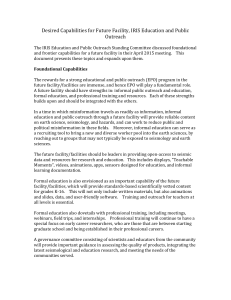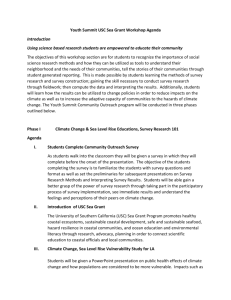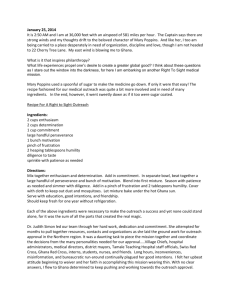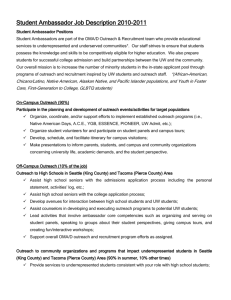intervention targeted at a complex group and reported through a
advertisement
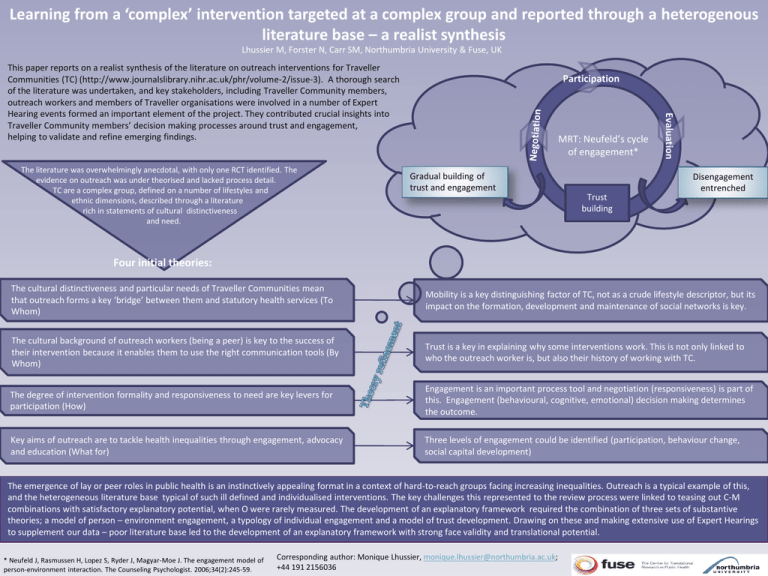
Learning from a ‘complex’ intervention targeted at a complex group and reported through a heterogenous literature base – a realist synthesis Lhussier M, Forster N, Carr SM, Northumbria University & Fuse, UK This paper reports on a realist synthesis of the literature on outreach interventions for Traveller Communities (TC) (http://www.journalslibrary.nihr.ac.uk/phr/volume-2/issue-3). A thorough search of the literature was undertaken, and key stakeholders, including Traveller Community members, outreach workers and members of Traveller organisations were involved in a number of Expert Hearing events formed an important element of the project. They contributed crucial insights into Traveller Community members’ decision making processes around trust and engagement, helping to validate and refine emerging findings. MRT: Neufeld’s cycle of engagement* Gradual building of trust and engagement Trust building Evaluation The literature was overwhelmingly anecdotal, with only one RCT identified. The evidence on outreach was under theorised and lacked process detail. TC are a complex group, defined on a number of lifestyles and ethnic dimensions, described through a literature rich in statements of cultural distinctiveness and need. Participation Disengagement entrenched Four initial theories: The cultural distinctiveness and particular needs of Traveller Communities mean that outreach forms a key ‘bridge’ between them and statutory health services (To Whom) Mobility is a key distinguishing factor of TC, not as a crude lifestyle descriptor, but its impact on the formation, development and maintenance of social networks is key. The cultural background of outreach workers (being a peer) is key to the success of their intervention because it enables them to use the right communication tools (By Whom) Trust is a key in explaining why some interventions work. This is not only linked to who the outreach worker is, but also their history of working with TC. The degree of intervention formality and responsiveness to need are key levers for participation (How) Engagement is an important process tool and negotiation (responsiveness) is part of this. Engagement (behavioural, cognitive, emotional) decision making determines the outcome. Key aims of outreach are to tackle health inequalities through engagement, advocacy and education (What for) Three levels of engagement could be identified (participation, behaviour change, social capital development) The emergence of lay or peer roles in public health is an instinctively appealing format in a context of hard-to-reach groups facing increasing inequalities. Outreach is a typical example of this, and the heterogeneous literature base typical of such ill defined and individualised interventions. The key challenges this represented to the review process were linked to teasing out C-M combinations with satisfactory explanatory potential, when O were rarely measured. The development of an explanatory framework required the combination of three sets of substantive theories; a model of person – environment engagement, a typology of individual engagement and a model of trust development. Drawing on these and making extensive use of Expert Hearings to supplement our data – poor literature base led to the development of an explanatory framework with strong face validity and translational potential. * Neufeld J, Rasmussen H, Lopez S, Ryder J, Magyar-Moe J. The engagement model of person-environment interaction. The Counseling Psychologist. 2006;34(2):245-59. Corresponding author: Monique Lhussier, monique.lhussier@northumbria.ac.uk; +44 191 2156036
